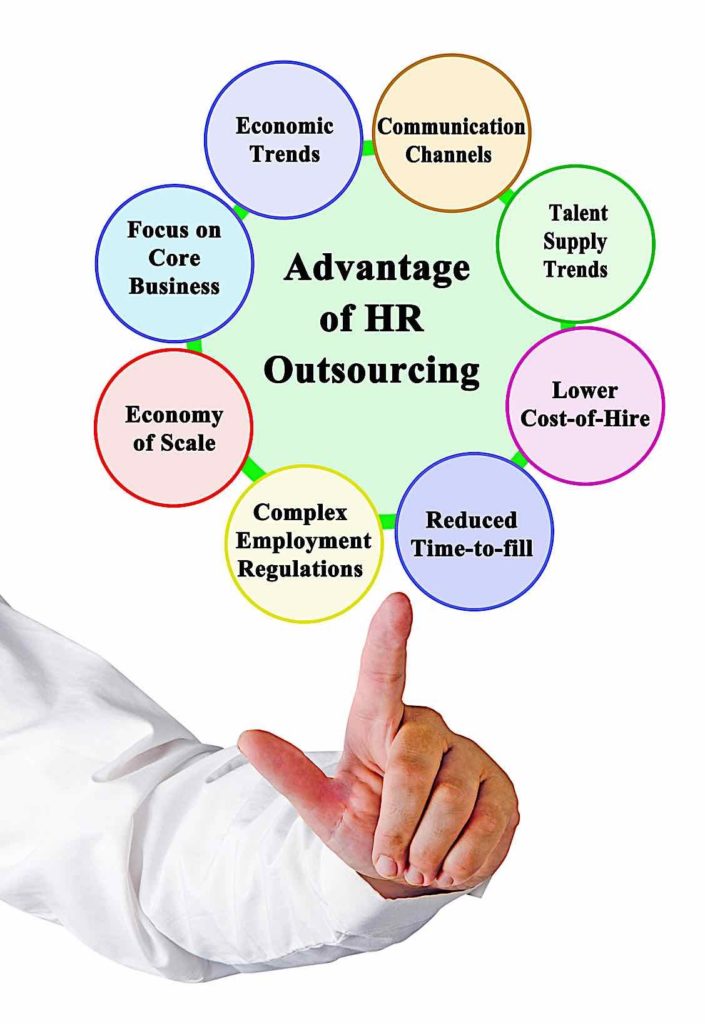
Research — Top HR Trends 2020: average cost per hire hits $4,000; millennials make up 75% of workforce by 2025, other facts
What are the top HR Trends for 2020? A new report summarizes the HR trends for 2020 highlighting the top issues — from difficulty acquiring talent to flexibility in the workplace to the adoption of AI, just to name a few. Always the top of any trends report is “difficulties in sourcing and recruiting talent.”
Difficulties in Sourcing and Recruiting Talent
The main HR trend in 2020 is the increasing difficulty of sourcing and recruiting talent. According to Entelo’s Recruiting Trends Report 2018, sourcing candidates for one position requires those tasked with talent acquisition to invest more than 30% of their workweek in the search. In 2020, the time invested to source candidates for one position is expected to increase beyond the margins witnessed in 2018 and 2019. The lengthy period taken to fill positions can be traced back to the lack of skills and quality among the unemployed. With unemployment in North America dropping to record lows in recent years, most of the skilled high-quality professionals are already employed in other companies. A 2019 survey by Devskiller revealed that 67% of recruiters are frustrated by the lack of skilled candidates. With the rate of unemployment dropping further in 2020, the challenge of sourcing and recruiting talent will be a major HR trend in 2020.

The difficulties in hiring talent in 2020 will not be restricted to the lack of skilled candidates but also financial burdens associated with searching and recruiting talent. In 2019, the average cost per hire was a whopping $4,000, according to Glassdoor’s HR and Recruiting Stats. The cost per high-quality hire is expected to increase in 2020 making it more difficult to acquire talent.
Flexibility in the Workplace
The ever-increasing number of millennials entering the workforce in the last 2 to 3 years has effected immense transformations in the workplace. Global Millennial Survey by Deloitte revealed that millennials will make up 75% of the global workforce by 2025. Unlike previous generations, millennials are keener to maintain a perfect work-life balance. To this end, HR that aspires to acquire the best and most skilled applicants should provide flexibility in the workplace to enable millennials to attain work-life balance. From 2016 to 2019, the number of job posts mentioning flexibility increased by 78%, according to LinkedIn’s Global Recruiting Trends. Flexibility in the workplace is more important to women with 36% than men with 29%. The importance of enhancing flexibility in the workplace in 2020 is underscored by the fact that highly skilled employees have a wide array of opportunities due to the low unemployment rate and will not suffer in a company that does meet their expectations. In 2019, 43% of new hires quit because the job was not what they were expecting, according to Jobvite. This trend is expected to increase in 2020 with flexibility being the main expectation among new hires. For one, HR can provide the option to work remotely to increase flexibility.

Adoption of Artificial Intelligence (AI) in HR
With the ever-increasing adoption of AI for true end-to-end automation in various business operations, it is expected that more and more companies will adopt AI-powered tools and other new and emerging technologies for sourcing and recruiting in 2020. This assertion is evidenced by the increase in investment in AI-enabled sourcing and recruiting tools in the previous years. A report by Entelo indicates that, in 2019, 91% and 64% of companies and talent acquisition professionals invested in AI-powered tools for recruitment and sourcing respectively. Investment in AI-powered sourcing and recruiting tools will increase making the adoption of AI in HR the trend in 2020.
Upskilling the Workforce
With the decline in unemployment, the number of skilled workers has decreased despite the increase in the needs of businesses. One of the main drivers of the demand to upskill employees is the ever-increasing level of competition across different industries. To attain a competitive edge, companies need a wide array of skills but they cannot rely on hiring people with these skills due to low unemployment. To address this dilemma, companies will be selecting employees with half-baked skills for upskilling. According to a report by McKinsey & Company, the growth in demand for technological skills such as programming will more than double (55%) by 2030. A majority of companies will focus on upskilling employees with average technological skills to cater to increasing tech-needs in 2020.

Social Media for Sourcing and Recruiting
HR will increasingly turn to internet-based channels for sourcing and recruiting in 2020 continuing the trend in the past two years where 47% and 21% of recruiters used social media and career websites respectively to source candidates, according to Jobvite’s 2018 Recruiter Nation Study. Instagram will be one of the most popular platforms in 2020 for millennial recruiters having reached 35% in 2018 based on the study by Jobvite.
Diversity
In the current highly globalized society, the importance of hiring for diversity goes beyond PR stunts or filling quotas. Diversity will be particularly important in 2020 as more millennials who have been brought up in a highly diversified world enter into the workforce. Having studied in highly diversified classrooms and lecture halls their entire life, most millennials will turn down companies dominated by one race since it does reflect the reality of modern 21st-century society. According to Glassdoor’s HR and Recruiting Stats for 2019, more than two-thirds (67%) of candidates want to work in teams that are diverse with different ethnicities and ages. In 2020, more companies will seek diversity in their workforce.
Increasing Demand for Employee Experience
With millennials making up a large chunk of the workforce, demand for better working experience will increase in 2020. For one, HR will have to increase the level of transparency because this is one of the values sought after by a majority of millennials. To attract and retain top talent in 2020, companies will focus on enhancing transparency in pay and operations to provide their employees with a better experience. According to LinkedIn Global Recruiting Trends, 53% of talent professionals believe pay transparency will play a critical role in attracting and retaining talent and for the future of recruiting.
As 2020 unwinds, understanding and incorporating HR trends for 2020 will enable companies to keep up with the pack.
Do you need help recruiting top team members? Ask the experts at Pivotal Solutions:


 Our HR solutions experts can recommend the right mix of HR outsourced services to make your entry into Canada easier.
Our HR solutions experts can recommend the right mix of HR outsourced services to make your entry into Canada easier.  Pivotal Employment Management Services co-hires your workforce, simplifying entry of your business in Canada.
Pivotal Employment Management Services co-hires your workforce, simplifying entry of your business in Canada. 
















How to Avoid Costly Legal Action Caused by Co-worker(s) Harassment